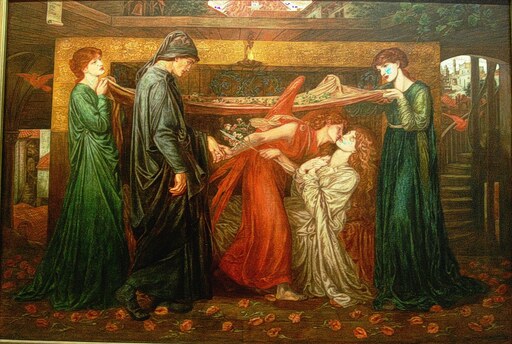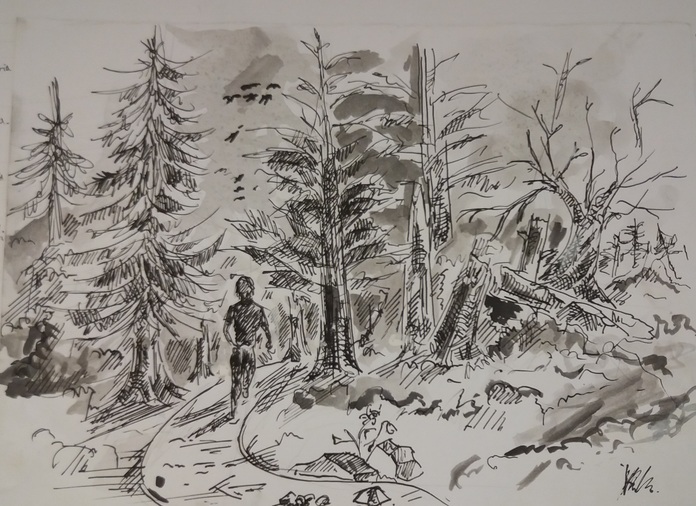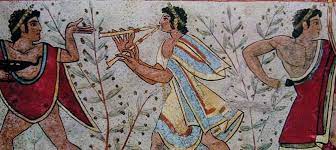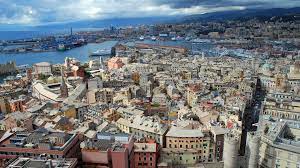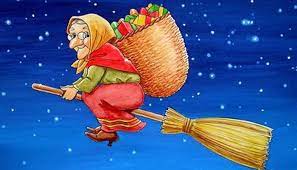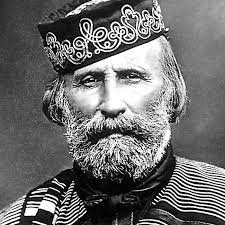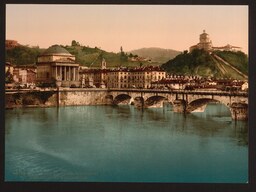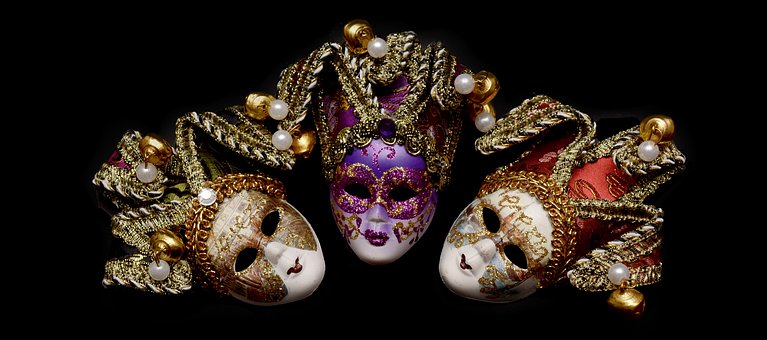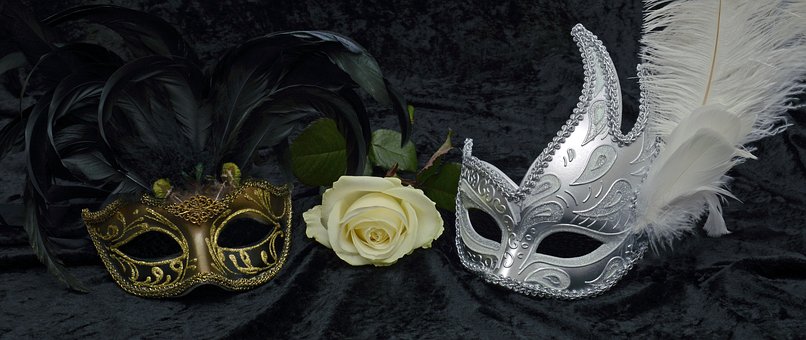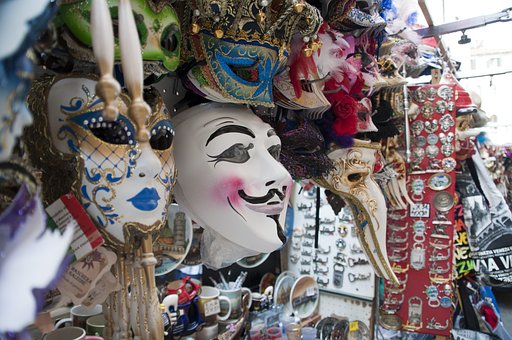Dante Alighieri, often called simply Dante, was an Italian poet, romantic, writer, philosopher and thinker, politician in Florence during the Middle Ages. His most famous work is "Comedia", later called "Divine Comedy" as the pinnacle of medieval Italian literature and the basis for the development of the modern Italian language. He has been called the father of the Italian language. In Italy he is known as "The Poet". Dante, ...
This short bilingual almanac presents some of the most famous sights of this unique country. You will get to know some of the famous personalities who marked not only the epoch of their time, but also the entire history of the world, you will touch Italian folklore and lavish carnivals.
Questo breve bilingue almanac presenta alcuni dei monuments più famosi di questo paese magnifico. Conoscerete alcune delle celebritye che hanno segnato non solo l'epoca del loro tempo, ma anche l'intera storia del mondo, toccherai il folclore italiano e sfarzosi carnevali.
Italy - history, art, culture - Italo Calvino
Italo Calvino was an Italian poet and writer. He was born on October 15, 1923 in Santiago de Las Vegas, today part of Havana in Cuba. His parents are Italian agronomists. The family soon returned to Italy and he spent his childhood in Sanremo, where he also completed secondary education. The first few books that Calvino wrote were…
Read the full post →„Италия – история, изкуство, култура – Итало Калвино“
The Etruscans – Gli Etruschi
The first inhabitants of the Italian peninsula were the Etruscans, who occupied a large territory between the sea and the rivers Arno and Tevere. They built numerous cities, some of which still exist today: Tarquinia, Arezzo, Perugia, Volterra. From there they began to take new lands to the north and to the south. The Etruscans never managed to create a state. Every city is…
Genoa, Perugia and Umbria - Genova, Perugia e Umbria
Genoa - Genova Genoa is an Italian city located on the coast of the Ligurian Sea with a large port. It is the largest port not only on the coast of the Ligurian Sea, but also in the whole of Italy. Raw materials needed for industry are unloaded here from all over the world. Genoa was a maritime republic. In the 14th century, the Republic of Genoa extended its dominion...
Read the full post →„Генуа, Перуджа и Умбрия – Genova, Perugia e Umbria“
La Befana and Epifania - La Befana e l'Epifania
Today in Italy they celebrate Befana. Oggi in Itaia e'la festa della Befana. At the end of the calendar year, the holiday cycle ends on January 6 - Epiphany, and the people say that after that date the holidays go away. The term "Epiphany" is of Greek origin and means "manifestation"; it is used by the Christian tradition to indicate the first manifestation of...
Read the full post →„Ла Бефана и Епифания – La Befana e l’Epifania“
Giuseppe Garibaldi - Giuseppe Garibaldi
Until the end of the 19th century, Italy remained divided into small states, many of which were under foreign rule. The first to think about independence, liberation and unification at the beginning of the 19th century were Giuseppe Mazzini, King of Sardinia Vittorio-Emanuele II, Count Cavour – first minister and Giuseppe Garibaldi. Garibaldi's most famous battle is this…
Read the full post →„Джузепе Гарибалди – Giuseppe Garibaldi“
Torino - Torino
ITALY - HISTORY, ART, CULTURE-bilingual almanac Turin is the fourth largest city in Italy, but the third in terms of economic power. It is located in the northwestern part of the country and is an important industrial center as well as the capital of the Piedmont region. Despite its fame as the industrial center of Italy in the 20th century, Turin is actually an elegant and charming…
Commedia dell' arte-Personaggi - Commedia dell' arte-Personaggi
The comedy has typical characters, each of which is distinguished not only by its character and obligatory mask, but also by its clothing and dialect, unambiguously pointing to the origin of the character. Thus, for example: the lying servant Harlequino is from Bergamo; from there is the quarrelsome Brighella; the pretty maid Colombina is from Venice; whence comes the old merchant Pantalone; the cunning…
Read the full post →„Комедия дел арте-Персонажи – Commedia dell’ arte-Personaggi“
COMMEDIA DEL'ARTE – COMMEDIA DELL'ARTE
Commedia dell'arte (Italian for Commedia dell'arte, "professional comedy") is a theater genre that developed in Italy in the 16th century by traveling troupes. Its exact origins remain unclear, but elements of ancient Greek and early modern Roman comedies have been discovered. By the end of the 16th century, there were already theater companies in ...
THE CARNIVAL – IL CARNEVALE
Carnival is a rural festival that dates back to the traditional rituals of the winter season. The explosion of joy and the use of the mask serves to drive away the evil spirits. Through the mask, man is likened to the animal and gives him symbolic, sometimes power over the sacred animals. The custom of burning a doll is reminiscent of primitive sacrifices. The ancient Romans indulged in celebrations,...

